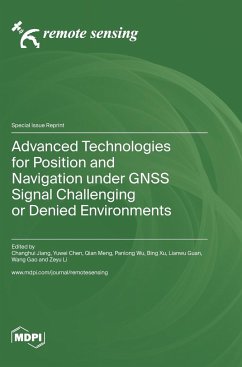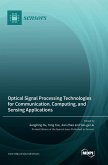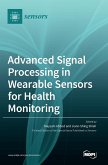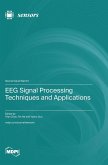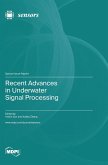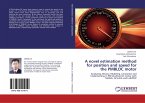Currently, with the popularity of smart devices, assured Position Navigation and Time (PNT) is critical for these devices and some fundamental infrastructures, i.e., the power grid. The Global Navigation Satellite System (GNSS) is dominant in providing PNT information due to its coverage and high accuracy. However, its signals are weak, and it is vulnerable; multipath and None-Line-Of-Signals (NLOS) are the major errors that occur with regard to the GNSS in applications in urban areas. Advanced signal processing methods are expected to improve its resilience and assurance. In addition, the GNSS is fragile to interference and spoofing, which should be emphasized for unmanned systems and smart devices. This Special Issue aimed to provide a platform for researchers to publish innovative work on the advanced technologies for position and navigation under GNSS signal-challenging or -denied environments.
Hinweis: Dieser Artikel kann nur an eine deutsche Lieferadresse ausgeliefert werden.
Hinweis: Dieser Artikel kann nur an eine deutsche Lieferadresse ausgeliefert werden.

